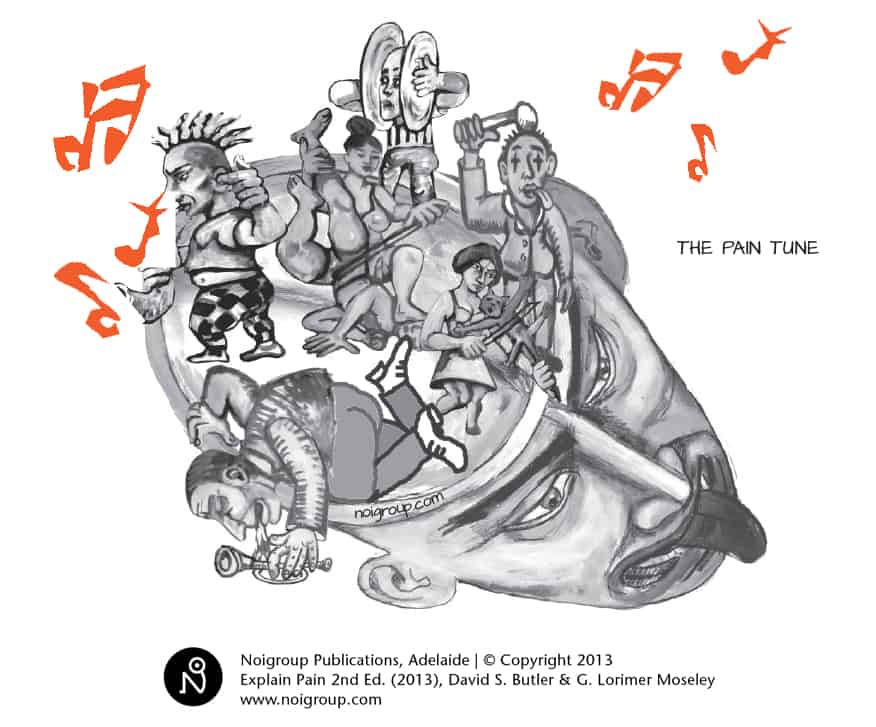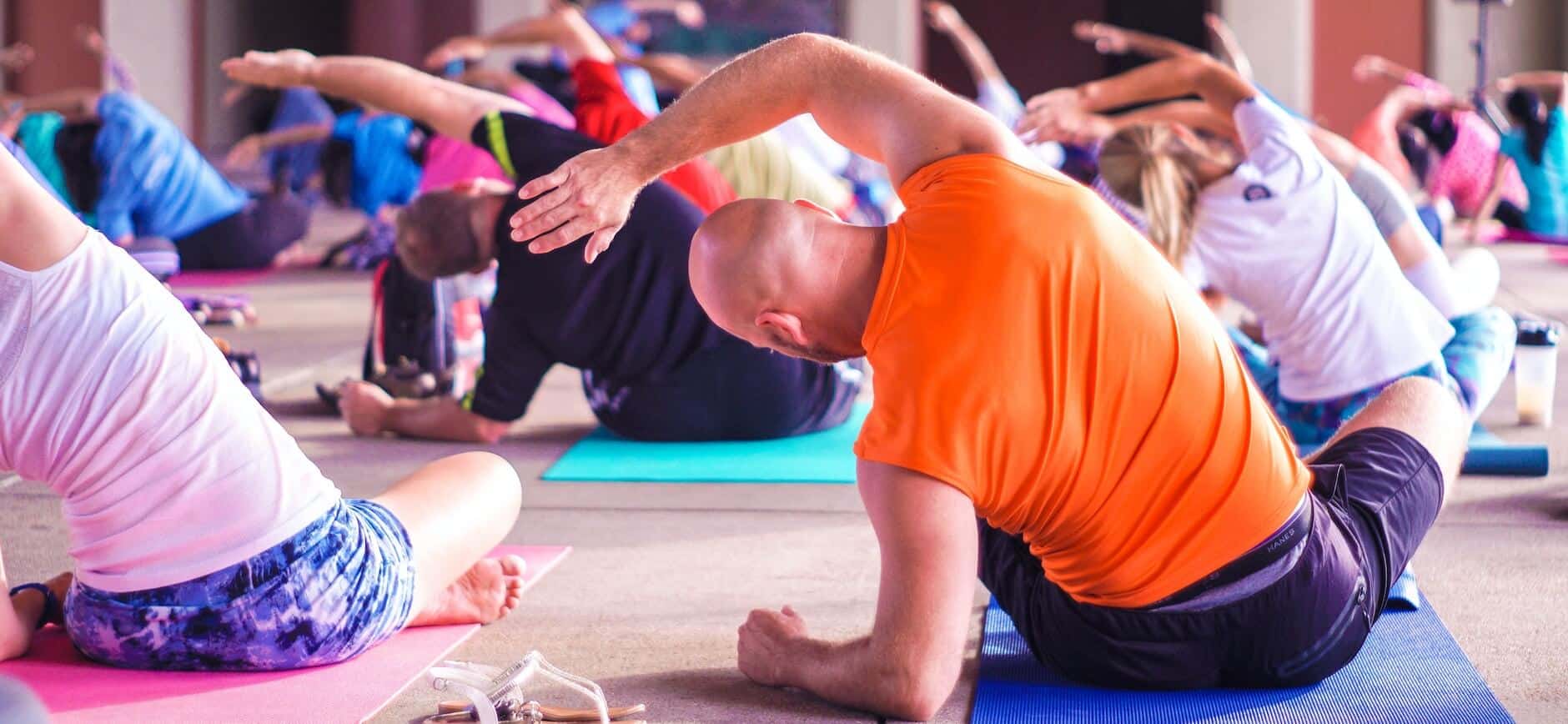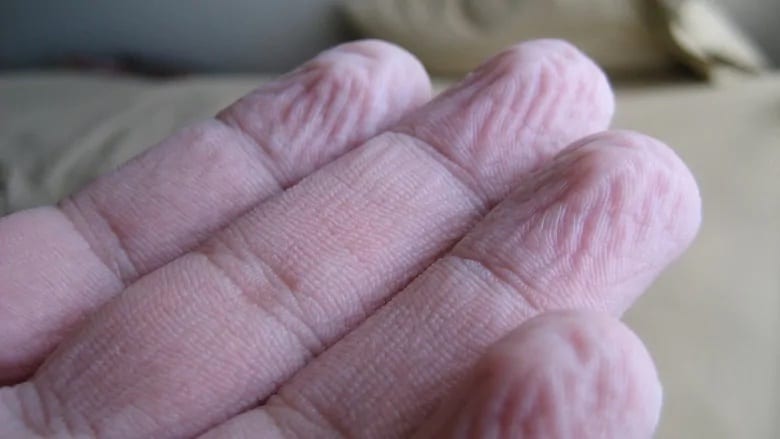Please! Let’s talk about something else!
Happy New Year indeed! COVID has taken care of that in Australia and across the world.
It hasn’t been best start to a year. In my recent memory only 2020 was tougher, and that was due to the bushfires. And as devastating as it was to the people affected, there were many people not directly affected.
With our recent COVID situation, I have once again noticed how easy it is for conversation to revert back to the one topic.
I don’t mean Novak Djokovic.
I mean COVID, of course.
COVID, COVID, COVID…
It’s hard not to get stuck on it in conversation.
We are being asked those same questions wherever we go.
‘Have you been in contact with someone with COVID? Do you have any symptoms. Have you checked in? Do you normally wear your mask like that? Do you think it will work if it isn’t covering your nose?’
And the news… and social media … far out! Relentless.
In my humble opinion, I think it is really important that we fight against this narrowing of our conversation topics.
I think we need to make sure that our conversations are really wide-ranging and we consciously make a decision to talk about other things.
I relate this very closely to the experience of someone with persisting pain.
Stick with me while it looks like I make a little detour, then bring it back to this last sentence. It will all make sense, I promise…
Social media and the ‘up next’ problem
Have you noticed how when you look up something on Google, Facebook or YouTube, soon after you often get something pop up in your newsfeed that is quite similar?
YouTube does it all the time. The other platforms do too in varying degrees.
And those clever advertisers use ‘remarketing’ to show something in which you have indicated an interest.
If you show that you have a thing for guitars, you get more videos, posts, ads about guitars.
It’s great! It can keep you on YouTube watching stuff for hours (there are nights I have fallen asleep watching one guitar video after another).
Or if you show an interest in gardening, you get more posts about gardening topics. It’s what keeps you there using their platform, which is the goal.
Or if you show an interest in (let’s call them) alternative theories about the US election result. Or the safety of vaccines. Guess what? You will see more videos about those topics. It’s a self-fulfilling prophecy!
It’s so clever for keeping people on a particular ‘platform’ like YouTube. But its kind of dangerous too.
Dangerous for reinforcing different schools of thought. It has been shown to mould and completely swing people’s belief system.
(There is a podcast about how someone turned from quite a moderate middle class American young adult into a terrorist sympathiser based on his YouTube searches. Scary stuff!).
What about COVID? And persisting pain?
I relate this to the person with chronic, persistent pain when pain really takes over their life.
The topics of conversation get narrower, the words used come from a smaller pool of vocabulary and it is easy to revert back to that subject because it is always on their mind.
It’s like finding a topic on YouTube and just getting more video suggestions. Followed by another. Followed by another.
Before you know it, all the videos ‘up next’ are about your pain.
As a result, it reinforces the danger meaning of pain, and it becomes a vicious cycle of heightening the danger, which heightens the pain, which heightens the danger…

It’s like the orchestra in the brain starts to play the same old tune and starts to forget the wide repertoire that it used to be able to play as it gets really really good at playing the pain tune.
Except the orchestra in the brain is constantly making suggestions about what is should play next.
‘Music you might like’ is just another song about your pain.
How to break the ‘up next’ cycle
One approach to helping the person with persistent pain is enriching their inputs, their contexts, their experiences with different places, tastes, books.
Learning new things.
Playing different music that they associate with better times.
Trying to avoid the really ‘sticky’ phrases that they use over and over like ‘L4-5 disc’ or ‘it’s killing me’ or whatever it is that rolls off the tongue so easily.
Language
It’s all about context (it’s always about context!).
So try it. See if you can go a day without going straight into a conversation about COVID.
It will do you good.















